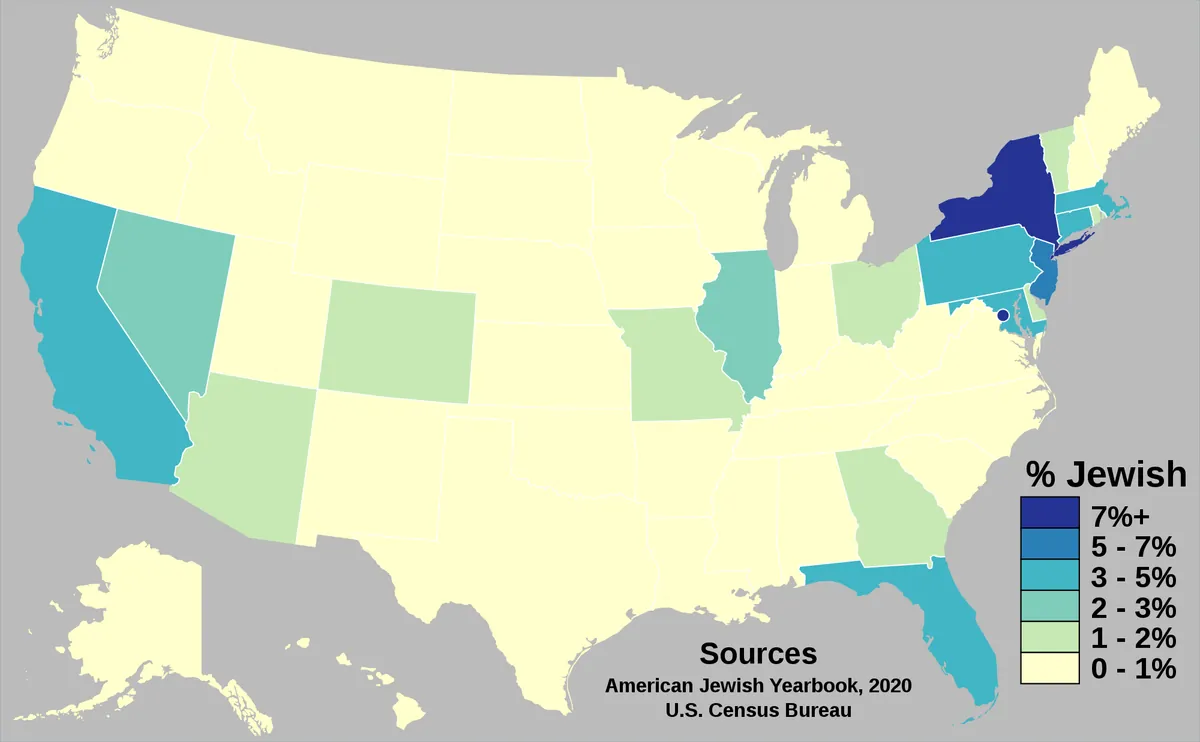Trump's Jewish Voter Dilemma: Support vs. Reality in 2024 Race
Donald Trump expresses frustration over lack of Jewish support despite pro-Israel policies. His claims about Jewish voters' impact on 2024 election raise concerns and highlight demographic realities.

Donald Trump's recent comments at a campaign event focused on antisemitism have sparked controversy and highlighted the complex relationship between the former president and Jewish American voters. Trump expressed frustration over what he perceives as a lack of support from Jewish voters, despite his pro-Israel policies during his presidency.
At the event, Trump stated, "With all I have done for Israel, I received only 24 percent of the Jewish vote. Now think of this. I really haven't been treated very well, but that's the story of my life." This sentiment reflects a recurring theme in Trump's political approach, where he expects unwavering support based on specific policy actions.
Trump's assertion that Jewish voters could determine the outcome of the 2024 presidential election has raised eyebrows among political analysts. According to recent demographic data, Jewish Americans make up approximately 2% of the U.S. population, with even smaller percentages in key swing states. This reality contradicts Trump's claim that "the Jewish people would have a lot to do with a loss" in the upcoming election.

The former president's comments also reveal a potential misunderstanding of Jewish American priorities. While Trump touts his actions regarding Israel, such as moving the American Embassy to Jerusalem, research indicates that many Jewish Americans have a more nuanced view of his policies. A Pew Research Center study found that while most Jewish Americans acknowledged Trump's friendliness towards Israel, a plurality viewed him as unfriendly to them personally.
Trump's support among Jewish voters has shown a slight increase, rising from 24-25% in 2016 to 29% in 2020. However, this still falls significantly short of his expectations. In contrast, a recent poll shows Vice President Kamala Harris leading Trump by nearly 2 to 1 among Jewish voters.
The disconnect between Trump's perception and the voting patterns of Jewish Americans may stem from his limited exposure to the diverse views within the Jewish community. His understanding appears to be primarily influenced by conservative and right-wing Jewish allies, who represent a minority within the American Jewish population.
"You have to defeat Kamala Harris more than any other people on Earth. Israel, I believe, has to defeat her."
This statement exemplifies Trump's tendency to conflate Jewish interests with Israeli interests, a perspective that many Jewish Americans do not share.
It's worth noting that Trump's political base is more heavily rooted in evangelical Christian voters than in Jewish voters. In the 2020 election, counties with high evangelical populations supported Trump by a margin of 64 points, with about a third of his total votes coming from evangelical voters.
Trump's rhetoric suggesting that Jewish Americans wield disproportionate power over American politics has drawn criticism for potentially echoing antisemitic tropes. This concern is further amplified by Trump's continued support for political figures like Mark Robinson, the Republican nominee for governor in North Carolina, who has made controversial statements in the past.
As the 2024 presidential race approaches, Trump's comments and expectations regarding Jewish voters highlight the complex interplay between policy, perception, and demographic realities in American politics.


































